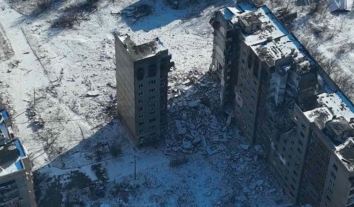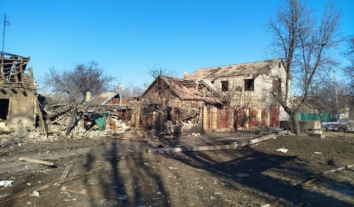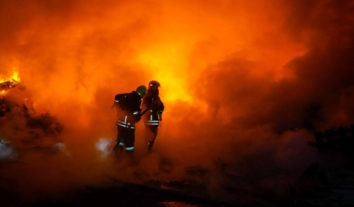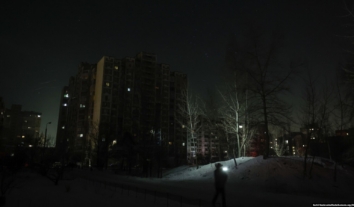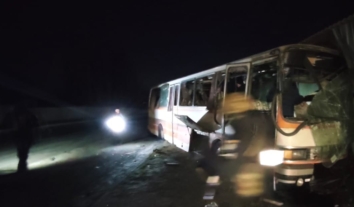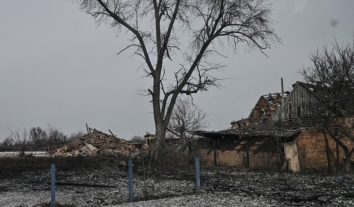Electricity in Crimea used for war – Chubarov
Leader of Mejlis of the Crimean Tatar people Refat Chubarov believes that Crimea can independently provide people with electricity amidst the energy blockade.
He said this in an interview with Meduza media outlet, the Ukrayinska Pravda (Ukrainian Truth) online newspaper reports.
He recalls that the energy blockade of the peninsula, initiated by the activists from the mainland Ukraine, is aimed at making Russia use energy on people’s needs, not on military needs.
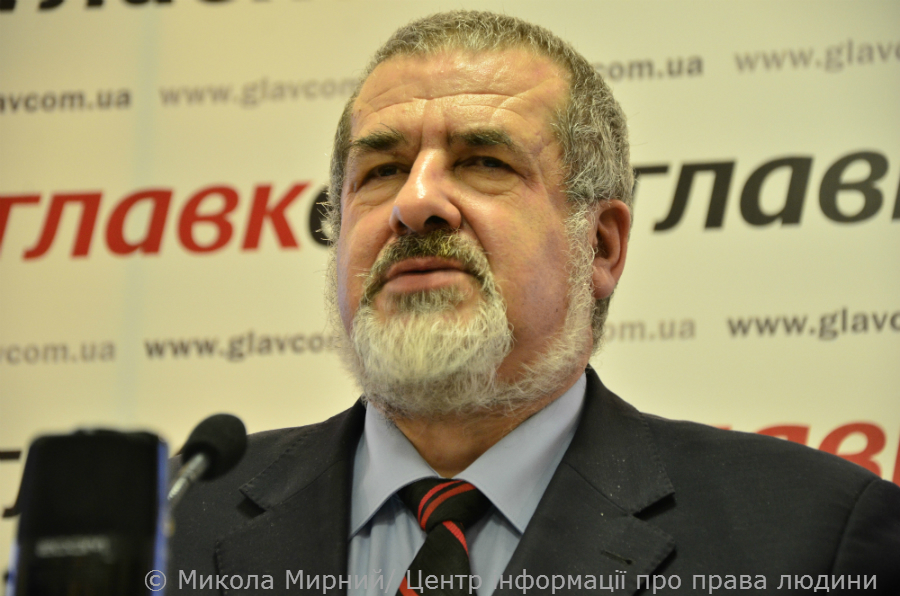 Refat Chubarov
Refat Chubarov“We need the blockade to make Russia direct its limited resources not at war, but at people’s lives. The electricity, produced in Crimea, is more than enough for the hospitals, schools, and kindergartens,” Refat Chubarov stresses.
According to him, head of the Yevpatoria town council told him that only 11 MW had been given to them instead of required 14 MWs. Of them, 5 MWs are used for military units, 0.4 MW used for hospital, 3.5 MWs – housing services and utilities, and only 1 MW is used for the residential sector, which is not enough.
“5 MWs are spent on the military! May Russia decide on its priorities,” the leader of the Mejlis says.
Chubarov says that methods of the activists are wrong but at the same time notes that in such a way the blockade participants remind the world about the unjust harassment of Crimean Tatars and other people in Crimea.
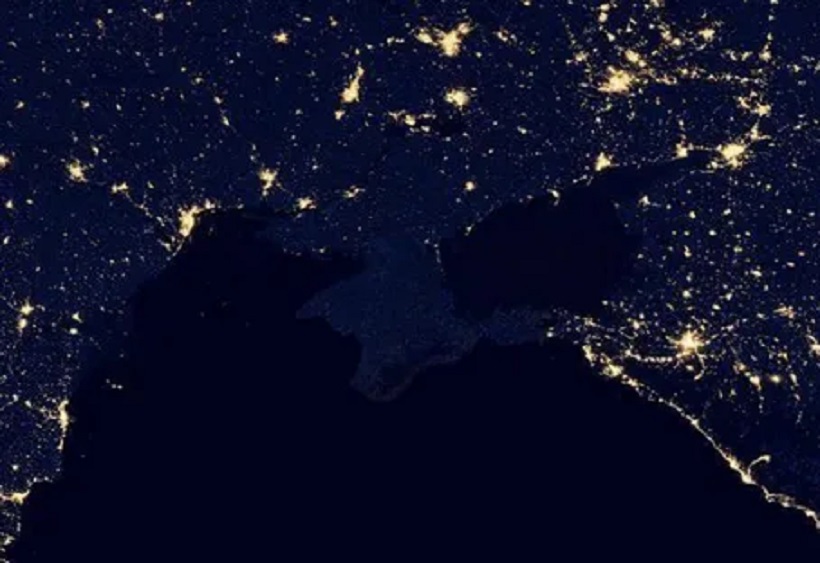
“Was it correct to kill Rishat Ametov?! We are aware of the fact that Sheremet [Mikhail Sheremet is First Vice Prime Minister of Crimea] and Aksyonov [Sergei Aksyonov is Crimean Prime Minister] know the murderers. Is it right to burst into houses of people and search for banned literature to intimidate the Crimean society! Why shouldn’t we be outraged by these facts?” he adds.
As a reminder, Russian President Vladimir Putin arrived in Crimea on Wednesday to take part in the launch of the first energy bridge line. According to media reports, it allowed providing Kerch and Feodosia with electricity. However, the larger part of the peninsula remains without electricity after the pylons were blown up in Kherson region on November 22.

